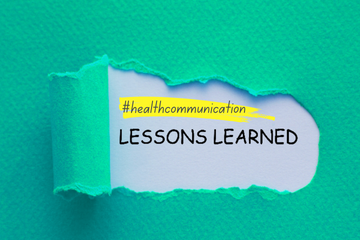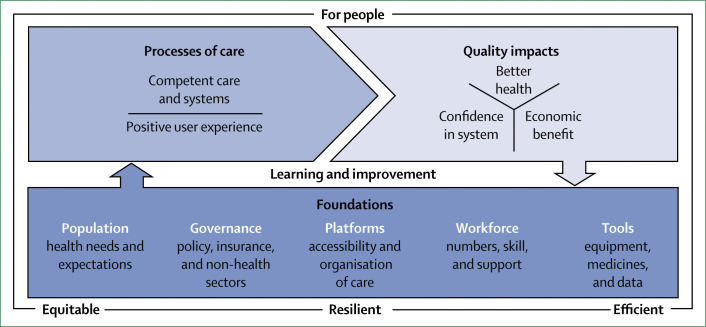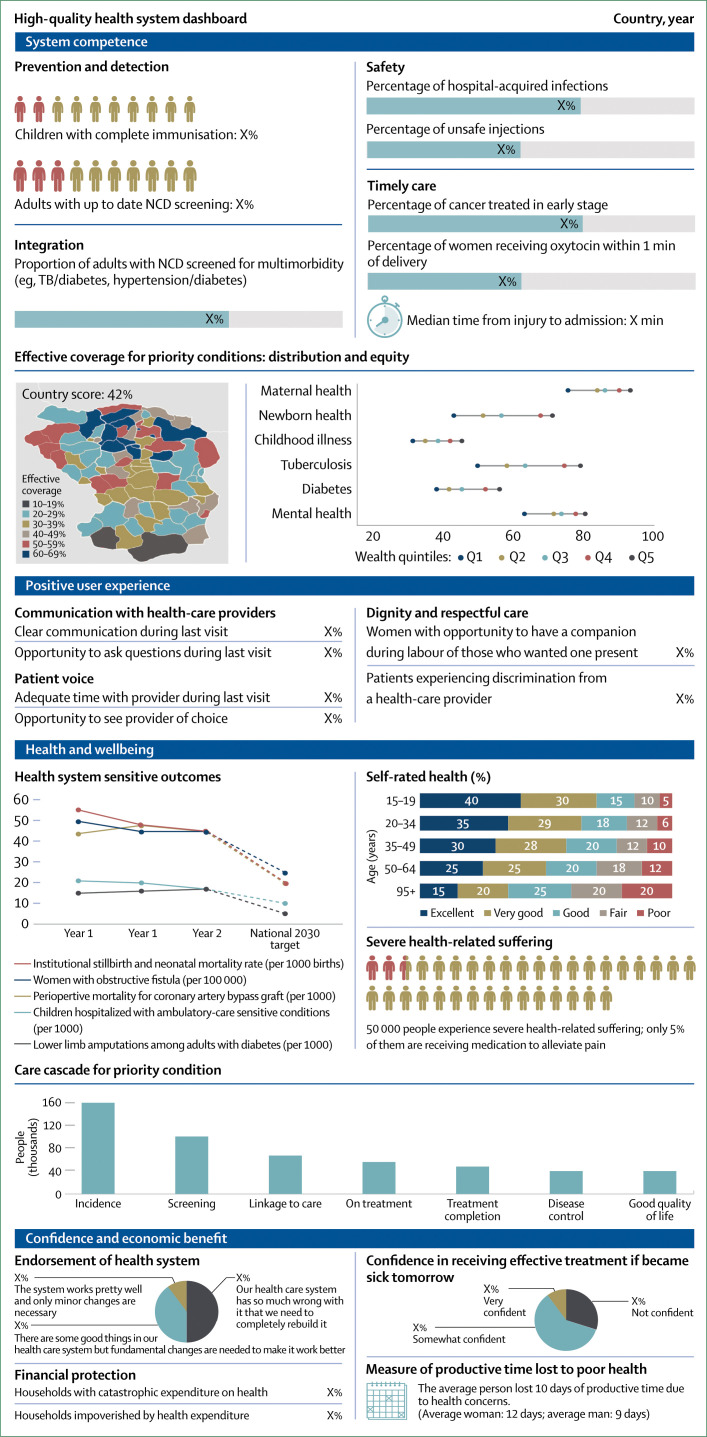The Power of Vulnerability: How Embracing Failure Can Revitalize Trust in Science In an era where misinformation and skepticism surround science, a groundbreaking study from Harvard T.H. Chan School of Public Health reveals a surprising key to rebuilding trust and fostering public support: sharing failures. That’s right – the very concept of imperfection, often viewed as a liability in the pursuit of scientific excellence, can actually be a powerful catalyst for change. By shedding light on their mistakes and setbacks, scientists can humanize their work, build empathy with the public, and ultimately, strengthen the foundations of scientific inquiry. In this article, we’ll delve into the fascinating findings of this study and explore the profound implications of embracing failure in the pursuit of scientific progress.
Boosting Perceptions of Scientists

Sharing failures can boost perceptions of scientists’ warmth and openness, leading to increased support for science and intentions to seek scientific information.
The role of identification with the scientist in explaining perception effects is crucial. When scientists share their failures, people identify with them more, which leads to increased perceptions of the scientist’s warmth and openness.

Perceptions of Scientists’ Competence and Integrity
Sharing failures does not negatively impact perceptions of scientists’ competence and integrity. In fact, it can have a positive effect by showing that scientists are willing to be transparent about their mistakes and learn from them.
Being transparent about the research process and sharing successes and failures is essential. This helps to build trust with the public and shows that scientists are committed to producing high-quality research.

Implications for Science Communication
The findings of this study have significant implications for science communication. Scientists should consider the potential impact of sharing failures on perceptions of scientists and public support for science.
Future research directions include exploring the effects of sharing failures on perceptions of scientists in the context of more politically sensitive topics, such as vaccines or climate change.

The Future of Science Communication
The importance of considering the potential impact of sharing failures on perceptions of scientists and public support for science cannot be overstated.
Future research directions and potential applications of the findings in the context of more politically sensitive topics, such as vaccines or climate change, are essential for improving science communication.
Conclusion

In conclusion, the Harvard T.H. Chan School of Public Health” study has shed light on the crucial role of scientist’s transparency about their failures in enhancing public perception and support. The research has demonstrated that when scientists share their failures, it not only humanizes them but also increases the public’s confidence in their work. This, in turn, boosts public support for scientific endeavors, ultimately contributing to the advancement of scientific knowledge.

The significance of this finding cannot be overstated. In an era where scientific skepticism is on the rise, it is essential to rebuild trust between scientists and the public. By embracing failure as an integral part of the scientific process, scientists can foster a more open and honest dialogue with the public. This shift in approach has far-reaching implications, from improved public health outcomes to more informed decision-making on pressing issues like climate change and vaccine development.

